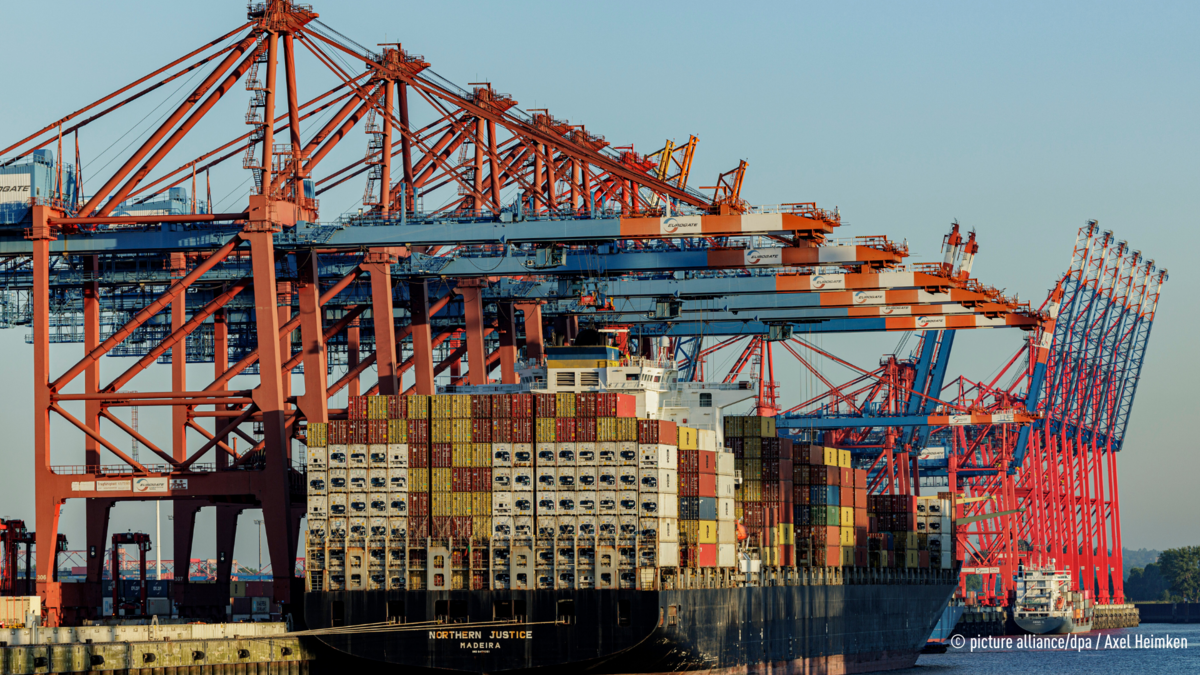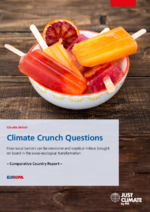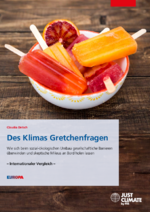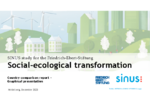Energize it, industrialize it and make it work
Foresighted structural policy is needed to ensure that Europe can assert itself in tomorrow’s tough international competition for key industries, safeguarding prosperity and providing decent jobs. The market alone will not suffice. A protective, guiding and future-oriented state is the essence of social democracy.
We shall serve as a platform for strategic exchange between industrial and energy policy and learning from the experiences of others.
On Energy, Industrial & Structural Policy
CBAM – a game changer for global carbon reduction policies?

CBAM will enter into effect in 2026, requiring importers of carbon-intensive products into the EU to pay a carbon price to level up with the EU emission trading system. This is intended to avoid carbon leakage and keep European industries competitive. CBAM should thus also incentivise third countries to adopt more climate friendly policies.
The briefing covers a series of third countries, from the US, China and India, to Russia, Ukraine, the Western Balkan countries, Turkey, the United Kingdom, Canada, South Korea, Australia, Japan, and some Latin American countries. How is their export structure towards the EU impacted by CBAM, what strategies do these countries adopt?
About the author: Julian Parodi is a former research associate at FES Just Climate and now working with EPICO KlimaInnovation.
All News & Events
CBAM – a game changer for global carbon reduction policies?

CBAM will enter into effect in 2026, requiring importers of carbon-intensive products into the EU to pay a carbon price to level up with the EU emission trading system. This is intended to avoid carbon leakage and keep European industries competitive. CBAM should thus also incentivise third countries to adopt more climate friendly policies.
The briefing covers a series of third countries, from the US, China and India, to Russia, Ukraine, the Western Balkan countries, Turkey, the United Kingdom, Canada, South Korea, Australia, Japan, and some Latin American countries. How is their export structure towards the EU impacted by CBAM, what strategies do these countries adopt?
About the author: Julian Parodi is a former research associate at FES Just Climate and now working with EPICO KlimaInnovation.
Contact
Friedrich-Ebert-Stiftung
Climate and Social Justice
Cours Saint Michel 30e
1040 Brussels, Belgium







